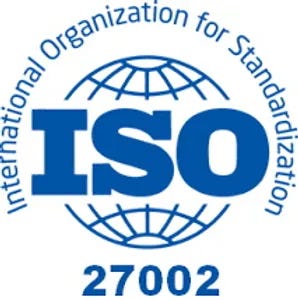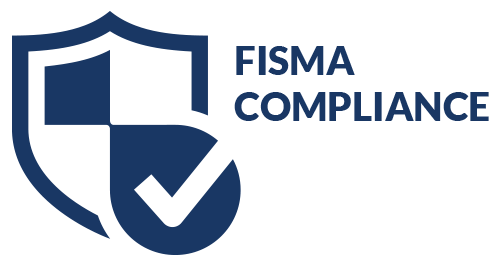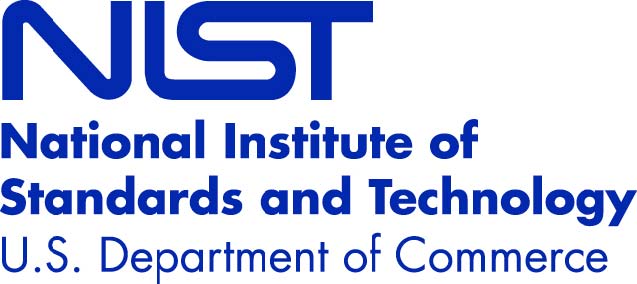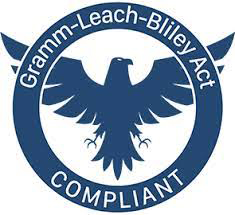For many businesses, transactions don’t take place all at one time. When you extend credit to your customers, whether they’re individuals or businesses, you assume a certain risk. Some customers pay their bills like clockwork, while others default.
You can approach this problem in one of two ways: proactive or reactive. It’s important to know your DSO, but it turns out that predictable payment matters more because it confronts the issue head-on.
Does DSO Matter?
Days sales outstanding, or DSO, is a single number. Investopedia defines it as “the average number of days that a company takes to collect revenue after a sale has been made.” It’s an important number to know if you extend credit to customers, but it shouldn’t serve as the sole driver behind your credit and collection strategies.
Just knowing your DSO measurement won’t help you collect money any faster. It represents the current state of your cash flow and ability to collect, but you can’t use it to improve future cash flow. That’s why predictable payment becomes a more powerful tool in your corporate arsenal. Instead of reacting to an existing problem, you’re tackling an issue before it occurs.
What’s Special About Predictable Payment?
Many businesses hire collection companies to chase customers until they find a way to pay the money they owe. We take a different approach. Our goal is to help our customers become, and remain, financially healthy through predictable payment.
Our sophisticated and proprietary analytics tool allows us to score each account’s payment predictability. In other words, how likely is one customer to pay a bill? You can use that data to make more informed credit decisions.
If you know payment predictability, you can exercise control over your accounts receivable, improve your DSO organically, and increase your company’s cash flow. After all, uncollected debt depreciates the longer it remains outstanding, and ultimately, the harder it is to collect.
How Can Advanced Analytics Improve Cash Flow?
Debt collection remains a largely reactive industry. A company extends credit, the customer defaults, and the collection process begins. The customer already has the product or service, and the company has limited options when it comes to soliciting payment.
With account scoring, a larger number of debts can be liquidated at a faster pace, for accelerated recoveries. It’s a proactive approach. Furthermore, it can help reduce compliance risk and the opportunity for massive fines by ensuring repeated attempts to contact customers unable to pay do not occur.
You don’t have to settle for charged-off debt. In fact, you shouldn’t. Instead, partner with a financial company that doesn’t just attempt to collect outstanding debt, but also helps you become more financially stable.
If you’d like to know more about our analytics tools and our debt collection methods, contact us. We can’t wait to help you turn your outstanding accounts into cash flow.
Want to learn more about TSI? Fill out the form and a TSI representative will contact you shortly.
